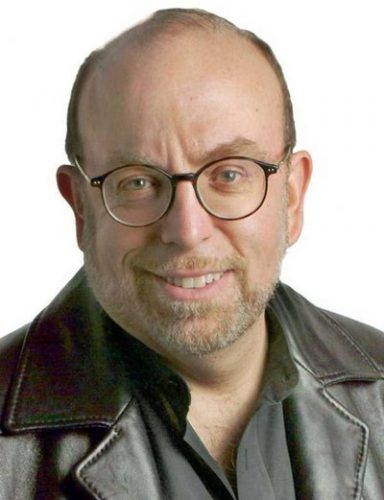
Seattle is on a progressive kick. In 2013, then-Seattle mayor Mike McGinn sought to block Whole Foods from building in West Seattle, not because he opposed new development but because Whole Foods is notoriously anti-union. And under current mayor Ed Murray, the Seattle City Council voted to raise the city’s minimum wage to $15 an hour.
Journalist Harold Meyerson says this kind of progressive action is not limited to Seattle and is partly the result of alliances between unions and other community organizations, impacting U.S. cities such as Pittsburgh, Minneapolis and Phoenix. Meyerson will explore this idea further in his upcoming talk, “The Revolt of Cities: How immigrants and young people are transforming urban politics,” Jan. 20 at the UO.
“It’s only in cities that you find the progressive majority that’s open to these kinds of innovations,” says Meyerson, editor of The American Prospect and a columnist for The Washington Post. With the 2014 elections resulting in only seven states controlled entirely by Democrats, Meyerson says that “this really means cities are even more in the arena of progressive innovation.”
A Jan. 11 op-ed in The New York Times argues that states are increasingly partisan and less likely than before to produce new policies, and Meyerson points out that cities are the new testing grounds.
“One of the reasons this is happening in cities is the demographic transformation of America,” Meyerson says. In his 2014 article, “The Revolt of Cities,” he writes that New York was 53 percent white in 1980 and 37 percent white in 2010, and immigrant advocacy organizations and labor unions play a role in banding together various organizations when they share a common cause, he says.
He gives the example of a 2008 partnership between the Sierra Club and Los Angeles labor unions, which created a program to help truck drivers at the Port of Los Angeles drive more fuel-efficient trucks by easing the financial burden on the truck drivers and holding the trucking agencies responsible for upgrades. Meyerson says this kind of teamwork has resulted in all kinds of progressive benefits to cities, from encouraging working class voters to elect progressive politicians to pressuring Target to change its hiring policy.
And the ever-controversial millennials are bringing about change by moving to cities in large numbers, as well. “In the city I’m in, Washington, D.C.,” Meyerson says, “millennials are completely transforming the cultural tone and the demographics of the city. They are part of this demographic recomposition, which has pushed cities to the left.”
So could Eugene, with its sick-leave ordinance, be moving toward this mode of change, or is this phenomenon only happening in the big cities? Don’t rule it out, Meyerson says. “It’s happened in Sante Fe, New Mexico, which isn’t exactly a mega-metropolis. Size is not the key determinant. It more depends on who is there than how many there are.”
Meyerson’s free talk is 7 pm Tuesday, Jan. 20, Room 110 at the Knight Law Center on the UO Campus.